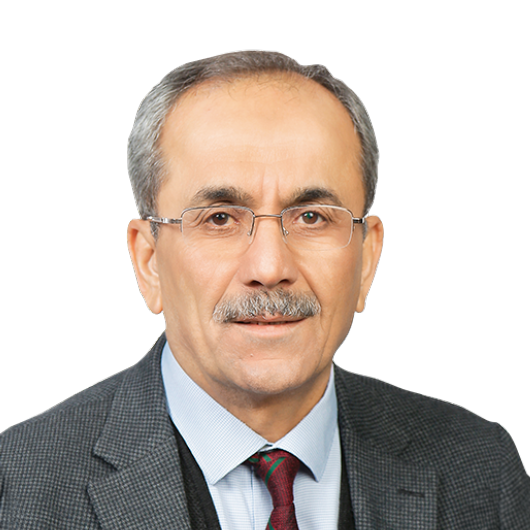President Recep Tayyip Erdoğan’s surprise visit last week to Tunisia shows that developments regarding the East Mediterranean closely concern other north African countries, such as Tunisia and Algeria as well. Khalifa Haftar, who is currently trying to establish sovereignty in Libya, having the ability to change the entire equilibrium in North Africa means that the developments will not be discussed at state level. Thus, this inevitably steers regional countries to cooperate with Turkey. It is clear that this has not been an easy decision to make.
All North African countries, starting from Morocco, lived under the administration of colonial states for a certain period. As a matter of fact, North Africa was the first target at the dawn of the colonial invasion period. However, these countries, where Muslims who fled Spain took refuge, prevented European invaders from reaching their goal against the fantastic defense of Ottoman mariners. Hence, they advanced from Africa’s west coasts southward in hopes of finding allies against the Muslim countries in North Africa. It would not be wrong to say that this is how the modern age began. This is how colonialism, imperialism, slave trade started and America opened its doors to European settlers.
European countries had not yet given up on north African countries. The invasion of North Africa started in the 19th century. There was a race for hegemony over Morocco, Algeria, Tunisia, Libya and Egypt. It is quite significant for us that the process leading up to World War I had started in Libya. The violence the Italians resorted to in Libya, and the French in Algeria, in order to establish dominance had reached unbelievable levels. Though, after World War II, the region’s countries achieved their independence. In Algeria’s war for independence, France and colonial states paid the price of the crimes France had committed with the events that started in Paris in May 1968. The ideas that emerged in Algeria had an impact across the whole world.
Just as Marxist movements were influenced by the period that started in Algeria, it is possible to say that the Muslim world was influenced by the same events through a different channel. While thinkers such as Ali Shariati, primarily Fanon, were influenced by anti-imperialist ideologists directly connected to Algeria, works by Muslim politicians and intellectuals such as Malik bin Nabi and Ahmed bin Bella also led to broad repercussion. Malik bin Nabi’s works have been translated into Turkish since the 1970s.
Post-colonialism, their political organization and mindset were open to Western influence. European capitals continued this period to maintain their hold on North African countries.
Focusing on developments concerning our region in the 1990s is quite appropriate. Local and national movements marching for the first time toward power in Algeria is indicative of the significance of north African countries. Had Abbasi Madani and his friends succeeded in Algeria, today could have been much different. France intervened in Algeria and its new leader was arrested. It is since then that Algeria has been under the grips of “terrorism.” The likelihood of Algerians succeeding on their own was not welcomed in Europe or the U.S.
The U.S.’s intervention in Iraq in the same time period needs to be understood well. Taking the events in Bosnia and Nagorno-Karabakh into consideration, it can be seen that the Muslim region is open to multilateral invasion and destruction attacks. Sheikh Shamil and Emir Abdulkadir’s meeting in Hejaz is of extreme importance.
The Arab Spring had also started in North Africa. The storm that started in Tunisia had the whole region under its impact. President Erdoğan not canceling his North Africa trip, including visits to Morocco, Algeria and Tunisia, despite it being the most heated days of the Gezi Park events that started in May 2013, shows the importance of North African countries. While those whom he considered his brothers, partners under a common cause were trying to throw him under the bus during the Gezi Park events, he was laying the foundations of today’s relations in North Africa. One would have to be blind not to see that the region would be encountering multilateral invasion and destruction attacks.
Libya and, hence, all of North Africa is on the agenda again. It is clear that they want to make north African countries dependent all over again through CIA-affiliated Khalifa Haftar. This would be a development that would tie Turkey’s hands. Just as they want to negate Turkey and Libya’s most important move concerning the East Mediterranean, they also want to prevent expansion aimed at Africa.
Turkey has set out together with its friends to stop these interventions. The resolution regarding deploying troops to Libya is going to be voted on in Parliament. Surely, another great duty awaits us. There is no doubt that we are going through historic days.




















